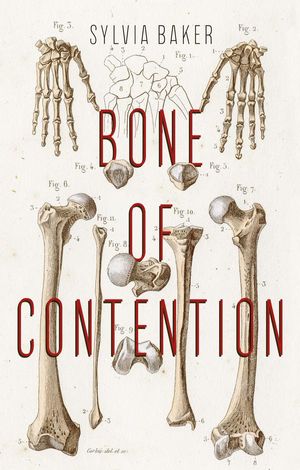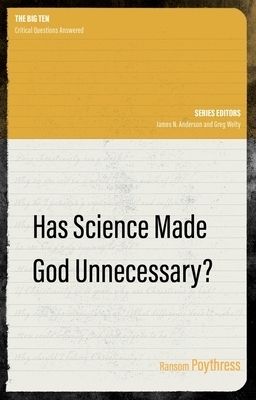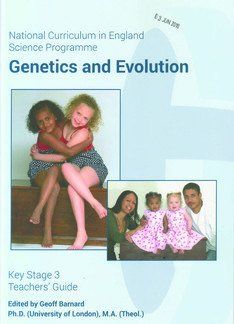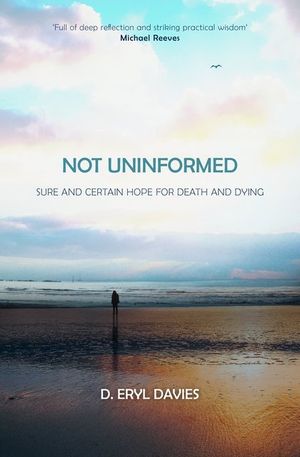In this introduction to the creation/evolution debate, Sylvia Baker explains how she became a creationist as a biology undergraduate because of the lack of evidence for evolution. She covers the development of evolution, fossils, genetics, the age of the earth, and human history. However, there are some significant weaknesses, which would be obvious to experts.
We are reminded that evolution didn’t start with Darwin. The theory is popular because people do not want to believe in a divine creator; Darwin provided a scientific justification for unbelief.
The significance of the fossil record is reviewed, emphasising the fact that it never was good evidence for evolution. The fossils are evidence of past catastrophic events associated with the global flood.
The chapter on genetics is the one with which I had most problems. The suggestion that the success of modern evolutionary theory is largely because population genetics is too complicated to understand is not true. I know from experience that statistical population genetics works. Also, the suggestion that epigenetics undermines evolutionary theory is not consistent with the many scientific publications which integrate epigenetics with evolution.
Regarding the age of the earth, we are reminded that, until the end of the seventeenth century, almost all theologians thought that the earth is only thousands of years old. Attempts to demonstrate otherwise are made because of a perceived need to reconcile modern geological theory with the Bible. There is a good summary of the evidence for a young earth.
The last chapter reminds us that the Bible gives the true history of humanity, and that acceptance of evolution cannot be reconciled with what God has revealed about humanity.
In conclusion, while I cannot wholeheartedly recommend this book because of the issues I have raised, it is a useful introduction to current ideas in creationism.
Marc Surtees
Musselburgh















